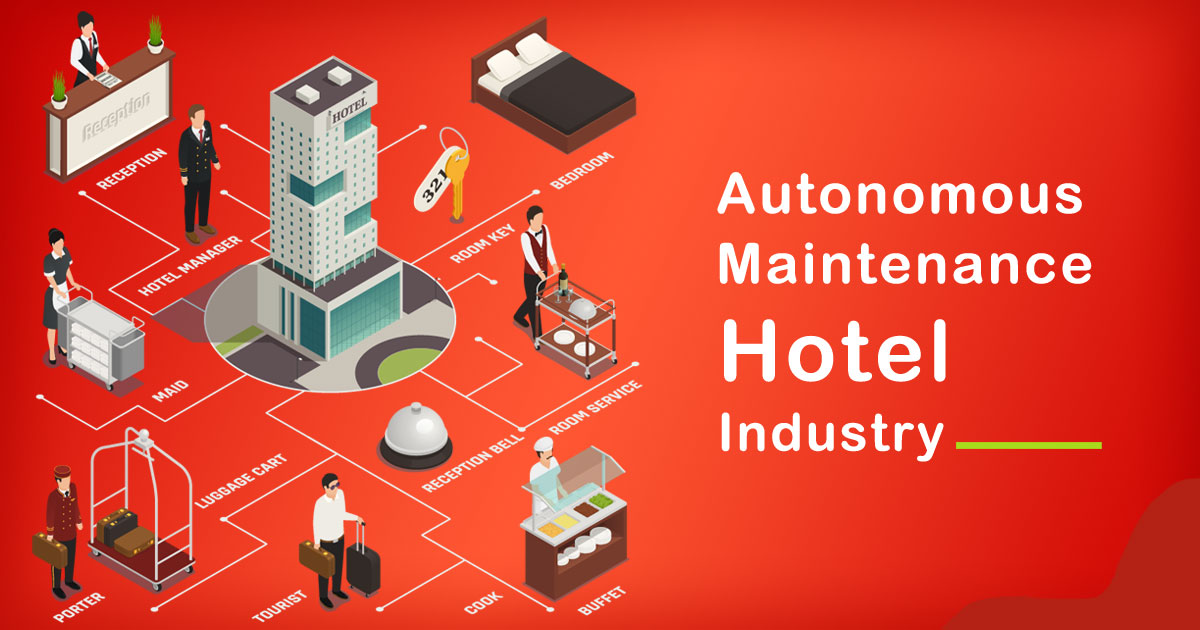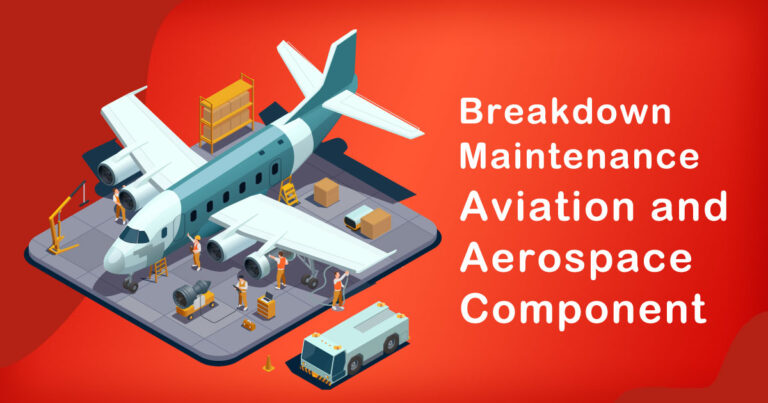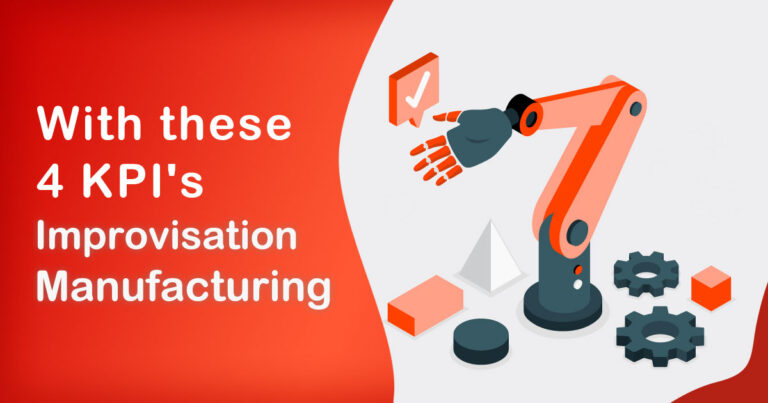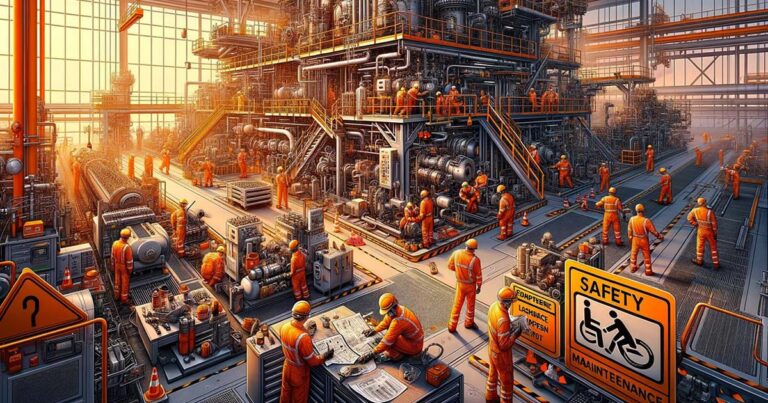Introduction
The Indian hotel industry has experienced significant growth and transformation in recent years, driven by advancements in technology and changing customer expectations. One crucial aspect that has emerged as a game-changer in this dynamic landscape is autonomous maintenance. As hotels strive to enhance guest experiences, optimize operations, and ensure sustainability, autonomous maintenance has emerged as a powerful tool. In this blog, we will explore the concept of autonomous maintenance, its benefits, and its specific applications within the Indian hotel industry.
What is Autonomous Maintenance?
Autonomous maintenance, in a nutshell, refers to empowering frontline staff with the responsibility to maintain and improve equipment and assets. Traditionally, maintenance activities were often outsourced or centralized, resulting in delayed responses and increased downtime. However, with autonomous maintenance, hotel staff members take ownership of routine equipment maintenance tasks, reducing reliance on external teams and improving operational efficiency.
The Impact of Autonomous Maintenance in the Indian Hotel Industry
1. Cost Reduction and Increased Efficiency:
By training hotel staff to handle routine maintenance tasks, establishments can significantly reduce the cost of outsourcing maintenance services. Moreover, immediate responses to maintenance issues lead to increased equipment uptime and operational efficiency.
2. Improved Guest Experience:
In the hotel industry, guest experience is paramount. Autonomous maintenance ensures that equipment and facilities are always in optimal condition, minimizing disruptions during a guest’s stay. This proactive approach enhances guest satisfaction and loyalty.
3. Empowerment of Staff:
Implementing autonomous maintenance fosters a sense of ownership and pride among hotel staff. By involving them in the maintenance process, hotels can boost employee morale and motivation, leading to a more dedicated and productive workforce.
4. Preventive Maintenance:
Autonomous maintenance emphasizes regular inspections and upkeep, preventing equipment breakdowns and major failures. This proactive strategy reduces downtime and saves on costly emergency repairs.
5. Sustainability and Environmental Impact:
Hotels are increasingly focused on sustainability. Autonomous maintenance helps in identifying energy-efficient practices and optimizing resource consumption, reducing the hotel’s environmental footprint.
6. Streamlined Operations:
By integrating autonomous maintenance data into hotel management systems, establishments can monitor equipment health and performance in real-time. This streamlines overall operations and enables better decision-making.
Case Studies in the Indian Hotel Industry
1. Leading Chain Implements Autonomous Maintenance:
A prominent Indian hotel chain adopted autonomous maintenance across its properties. By empowering staff to carry out routine checks on HVAC systems, plumbing, and electrical equipment, the chain reduced its annual maintenance budget by 20%. This initiative also led to a 15% improvement in guest satisfaction scores.
2. Sustainable Practices at a Boutique Resort:
A luxury boutique resort in India implemented autonomous maintenance to track energy consumption. By involving staff in monitoring and optimizing equipment settings, the resort achieved a 30% reduction in energy consumption over one year, earning accolades for its commitment to sustainability.
Challenges and Best Practices
Implementing autonomous maintenance in the Indian hotel industry comes with its share of challenges. Resistance to change, initial training requirements, and establishing an effective reporting mechanism are some common hurdles. However, several best practices can facilitate successful integration:
1. Comprehensive Training:
Invest in comprehensive training programs to equip staff with the necessary skills and knowledge to conduct maintenance tasks effectively.
2. Leadership Buy-In:
Obtain support from top-level management to encourage staff participation and create a culture of maintenance ownership.
3. Technology Integration:
Utilize digital tools and maintenance management software to streamline reporting, scheduling, and data analysis.
4. Recognition and Incentives:
Recognize and reward staff members who excel in autonomous maintenance, motivating others to actively participate.
Conclusion
Autonomous maintenance is an indispensable component of the modern Indian hotel industry. Its ability to enhance operational efficiency, improve guest experiences, and drive sustainability makes it a powerful tool for hotels looking to thrive in a competitive landscape. By empowering their workforce and leveraging technology, hotels can unlock the full potential of autonomous maintenance and ensure a successful future in the ever-evolving hospitality sector.








